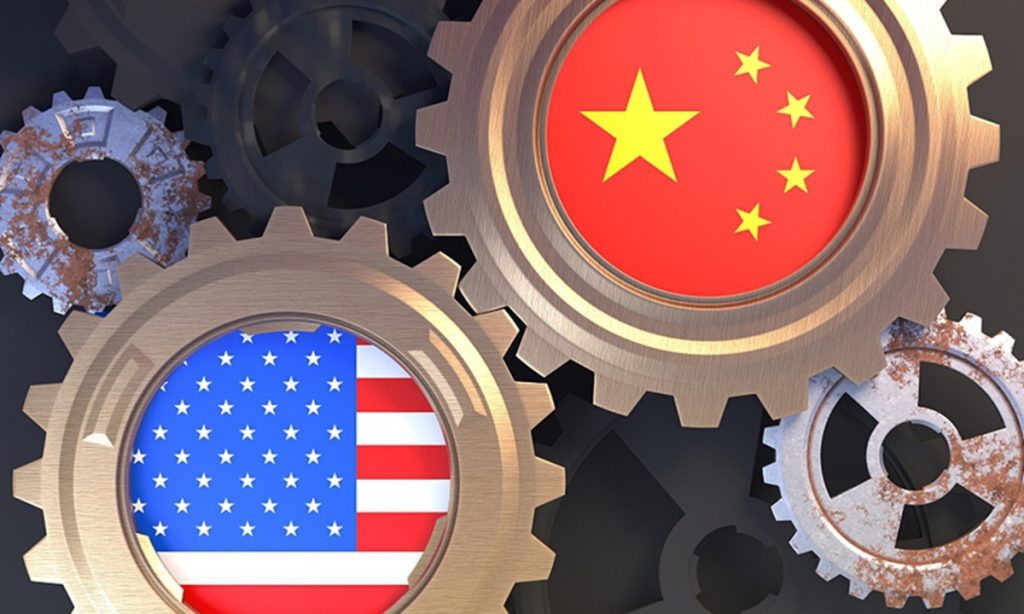China’s exports to US rise 8.1% in first two months of 2024 despite Washington’s protectionism

China's exports to the US reached 522 billion yuan ($72.52 billion) in the first two months of 2024, up 8.1 percent year-on-year, which analysts said reflects the strong competitiveness of Chinese products despite Washington's protectionism.
According to data released by the General Administration of Customs (GAC) on Thursday, the US remained China's third largest trade partner in January and February, with bilateral trade up 3.7 percent on a yearly basis to reaching 707.7 billion yuan.
China's imports from the US fell 7 percent to reach 185.7 billion yuan.
China's trade surplus with the US hit 336.3 billion yuan during the period, up 18.8 percent year-on-year, GAC data showed.
"The remarkable growth in China's export to the US during a slack season is uplifting, underscoring the important trade relations between the two countries," Zhou Mi, a senior research fellow at the Chinese Academy of International Trade and Economic Cooperation, told the Global Times on Thursday.
Although China and the US have engaged in dialogues in a variety of fields following the meeting between the two heads of state in San Francisco in November, they failed to reach consensus in many aspects. The US needs to send more cooperation signals to the market, Zhou said.
Dismissing Western media hyping up that Mexico replaced China as the top exporter to the US in 2023, Zhou said that Chinese goods are internationally competitive, and without Washington's political interference, there is still possibility that China and the US will continue to be each other's most important trade partners.
He said there is a great potential for China to export machinery products, electric vehicles and charging equipment to the US. While the US aims to revitalize its domestic manufacturing sector, China also has advantages in exporting intermediate products and components.
In response to the US investigation into Chinese made vehicles that use "connected" car technology, Zhou said the US' protectionist moves bring harms to market stability and global industrial and supply chains.
"If the US wants to reach some achievements in climate change and green development, it should fully give play to each country's advantages across the global market and reduce the trade barriers," he said.